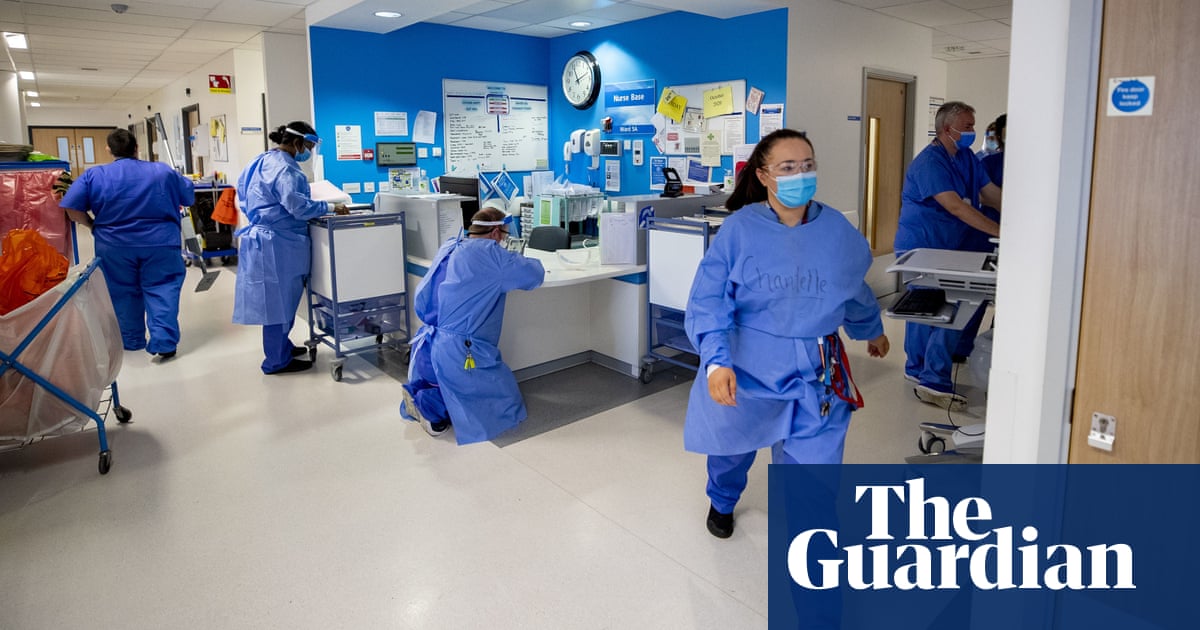
In the first 18 months of the Pandemic, the health service in England lost over two million days of staff absences due to Covid.
More than 1.82m days were lost to healthcare workers with long Covid from March 2020 to September 2021, according to MPs on the all-party parliamentary group.
The impact of the Omicron variant that has caused record-breaking waves of infections in the UK and globally is not included in the estimate.
The chair of the APPG, a Liberal Democrat, called for immediate support for those affected by Covid and said the government had paid almost no attention to it.
Thousands of frontline workers are living with a disabling condition after being exposed to the virus while protecting this country. They can't be abandoned.
The Office for National Statistics estimates that 1.3 million people are living with long Covid, based on people self-reporting symptoms that last more than a month after a Covid infection. More than half a million people have had at least one symptom for at least a year.
While the figures are only a rough estimate of the impact long Covid is having on health service staff, the MPs have called on the government to recognise the condition as an occupational disease. The move would help standardize support and care for those affected, and improve data collection on the problem across the country. The MPs urged the ministers to set up a compensation scheme for key workers who have suffered financially due to the loss of work.
The APPG estimates that Covid caused thousands of staff to be off work for four weeks or more in any given period. The average trust had more than 100 staff off with long Covid and lost more than 8,000 days in absences.
The duration of staff absences due to long Covid was only provided by four trusts. Staff were off for an average of 80 days with long-term symptoms.
Moran said the government must create a compensation scheme for any of the key workers who have been unable to return to work and that they must provide formal guidance to employers.
Saffron Cordery, the deputy chief executive of the National Health Service Providers, which represents hospital trusts in England, said that demand for Covid services was likely to grow given the large number of people who have been exposed to the Omicron wave.
She said that it was difficult to develop and train a sustainable workforce because of the short term horizon of fixed pots of funding. Community trusts and primary care services have been on the frontline of managing long Covid support.
The government will need to look at the wider socio- economic impacts of the disease, including who needs specific support, as we start to grapple with the long term effects of Covid. We know that worklessness and economic deprivation increase demand for mental health services, which are already under strain.